Business
Facebook is struggling with privacy regulations
Even with Mark Zuckerberg apologizing to the Congress, many Facebook users are still deleting their accounts because of the data leak.
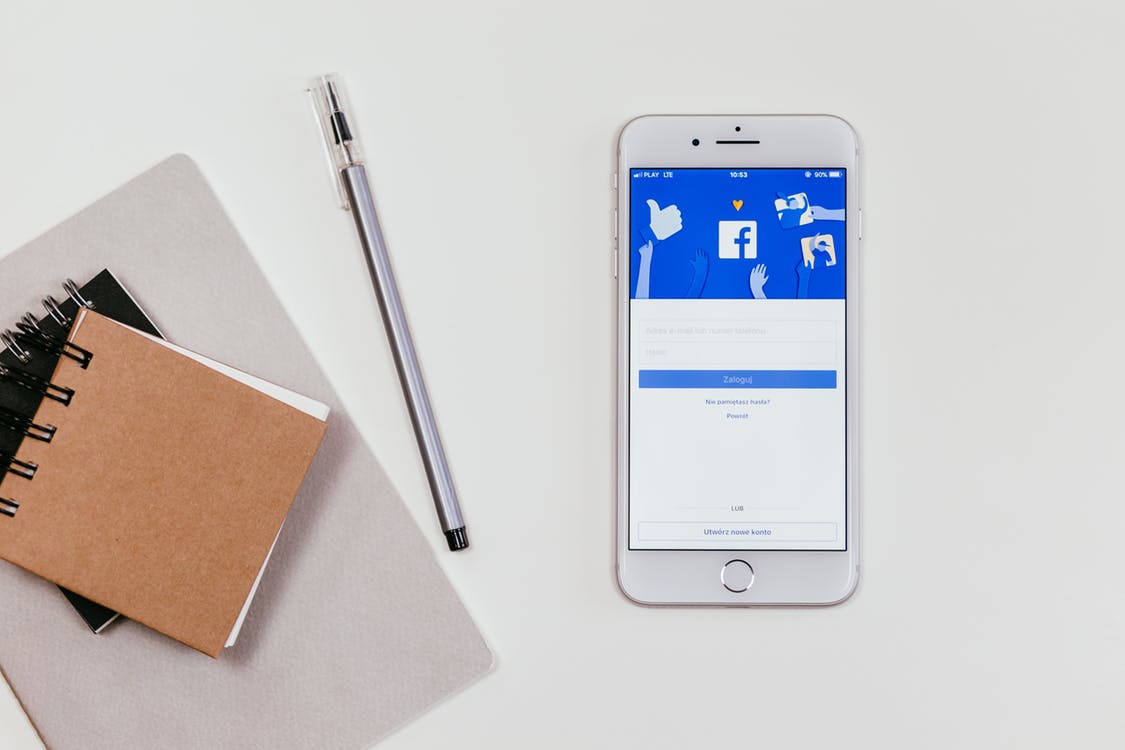
Mark Zuckerberg’s apology is not accepted—and yes, it’s time to delete Facebook.
At least that’s according to a CBS News poll, tech luminaries like Steve Wozniak, and my 15-year-old son.
If you’re just tuning in, Facebook has admitted to mishandling more personal information than you probably knew existed.
Harvesting your data for Donald Trump
Specifically, a U.K. firm called Cambridge Analytica reportedly harvested personal data from tens of millions of Facebook users and used them to support Donald Trump’s presidential campaign in 2016. Now, Mark Zuckerberg, the social media giant’s CEO, is on an apology tour, with stops that have included an awkward congressional hearing.
It seems that there’s little room for debate on this issue. We’re not buying it. More Facebook data scandals are almost certainly ahead, and many users are just leaving. Zuckerberg’s apology is not accepted.
“It’s too little, too late,” says Evgeny Chereshnev, the founder of privacy company Biolink.Tech. “The reputational damage done by Facebook to its customers and partners is irreversible.”
More people are now talking about Facebook as if it’s an invasive species that’s overrun our once-polite society. At best, silly games like Candy Crush and cat videos have eaten hours of our day—times we could have spent with friends and family.
But at worst, it’s made us meaner, stolen a presidential election, and destroyed lives. I have friends whose marriages ended because of Facebook. My son has watched his mother and grandmother get pulled down the Facebook rabbit hole. He wants none of it.
So now what?
Are you a Cambridge Analytica victim?
You can find out by visiting this page on Facebook while you’re signed in. Let the irony of that sink in. Still, it’s the only way to be certain. Now you know.
Take your data back
You can download it from Facebook and keep a copy. Just click the drop-down icon in the upper right part of the page and click Settings. In the General Account Settings, click the “Download a copy of your Facebook data.” Finally, select “Start My Archive.” Once the download is finished, you can finally look at all that data to see why everyone’s so upset.
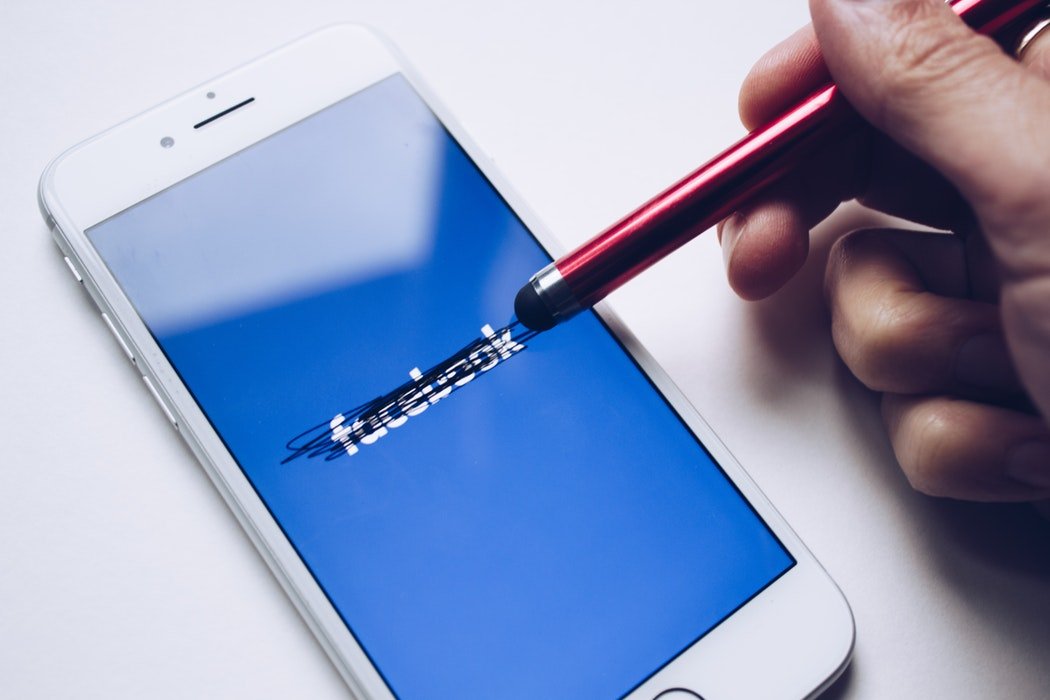
When you deactivate your account, your timeline can’t be visited by other users, but Facebook still has your account in its logs. (Source)
Deactivate or delete?
You have two choices. You can deactivate your Facebook account, which is like putting the account on “pause.” People can’t see your timeline or search for you when you’re deactivated. Or you can go all-in with the #DeleteFacebook movement. This page explains the differences. (Again, um, it’s on Facebook.)
Consider more detoxing
There, did that feel good? Now, you might want to do a more thorough digital detox, using a site like Account Killer or Deseat.me, because this Cambridge Analytica thing is only the beginning.
Maybe now, people will start to actually talk to each other in person and spend time together—in the same room.
Then again, maybe not. I asked Austin Iuliano, a social media marketing consultant, what he made of the #DeleteFacebook movement. He said while some users will erase their accounts, many more will still join Facebook in the future. And the social networking website will not change its ways to any significant extent, even after the congressional hearings, and even after we tell Zuckerberg that we reject his apology.
They’re still tracking everything, and that’s why the apology is not accepted
“Every photo you like, every comment you leave or direct message you send is being tracked,” he says. “Personally, I have almost stopped completely posting on Facebook as a normal user.”
All of which brings me to the reality of actually deleting your Facebook account. It sounds easy, but it isn’t. I talked to Charles Pantino, an electrical engineer from Lawtey, Fla., who is trying to delete his account, post-Cambridge Analytica.
“I can’t,” he says. “The best I can do is deactivate it.”
For problems like that, I publish the names, numbers and email addresses of all the Facebook executives. Go get ’em, Charles.
My son managed to figure it out. Yesterday, he informed me that in 14 days, he’d be off the social network permanently.
“Are you sure?” I asked him.
“I’ve given this a lot of thought,” he replied. “Nothing good has ever come from Facebook. Not for me. Not for you.”
—
DISCLAIMER: This article expresses my own ideas and opinions. Any information I have shared are from sources that I believe to be reliable and accurate. I did not receive any financial compensation for writing this post, nor do I own any shares in any company I’ve mentioned. I encourage any reader to do their own diligent research first before making any investment decisions.

-

 Markets2 weeks ago
Markets2 weeks agoThe Big Beautiful Bill: Market Highs Mask Debt and Divergence
-

 Africa2 days ago
Africa2 days agoORA Technologies Secures $7.5M from Local Investors, Boosting Morocco’s Tech Independence
-
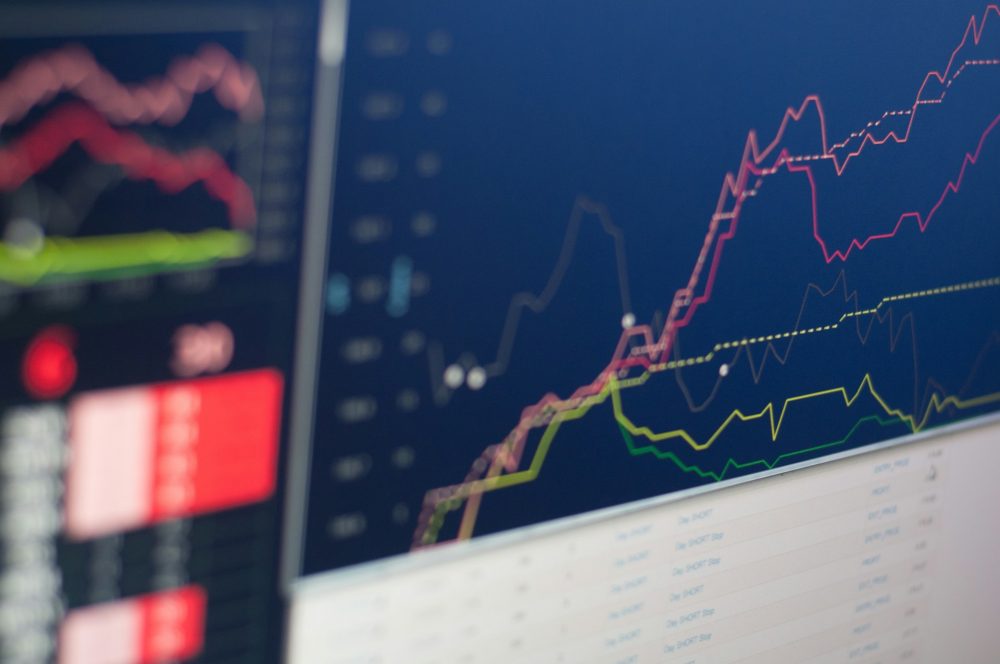
 Markets1 week ago
Markets1 week agoA Chaotic, But Good Stock Market Halfway Through 2025
-
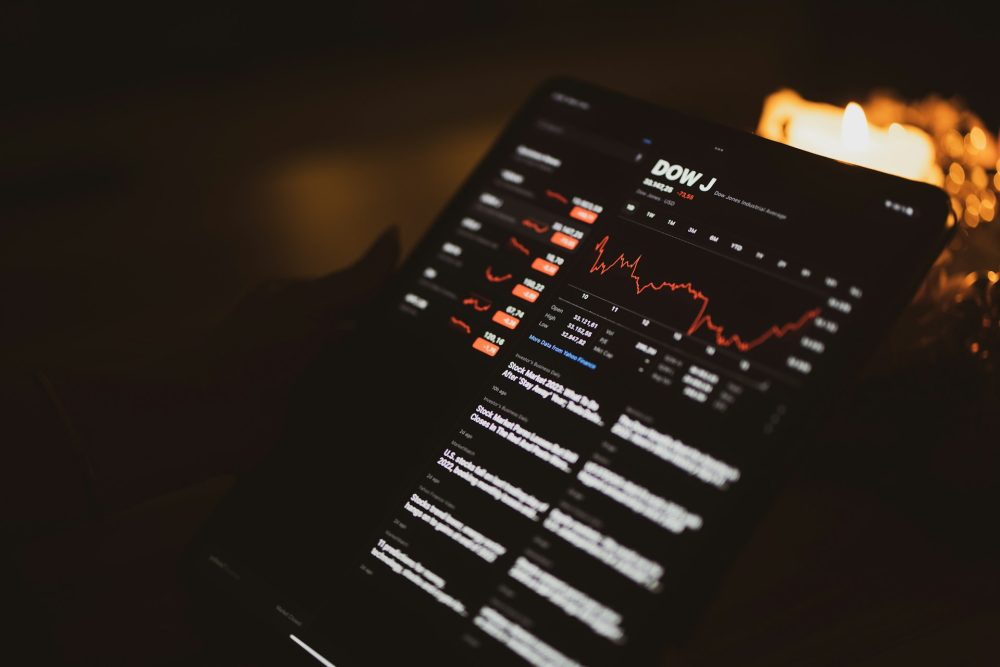
 Business4 days ago
Business4 days agoThe Dow Jones Teeters Near All-Time High as Market Risks Mount




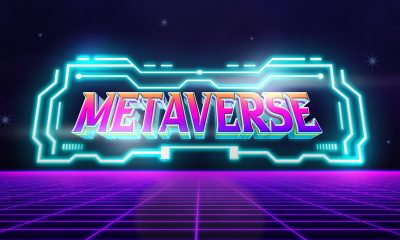

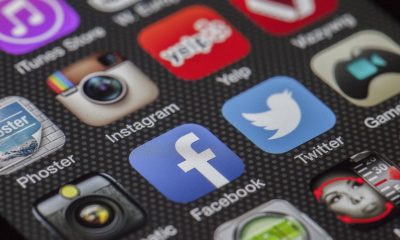













You must be logged in to post a comment Login